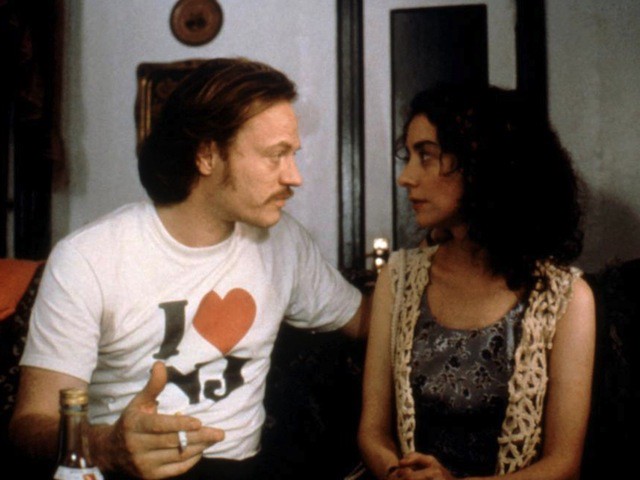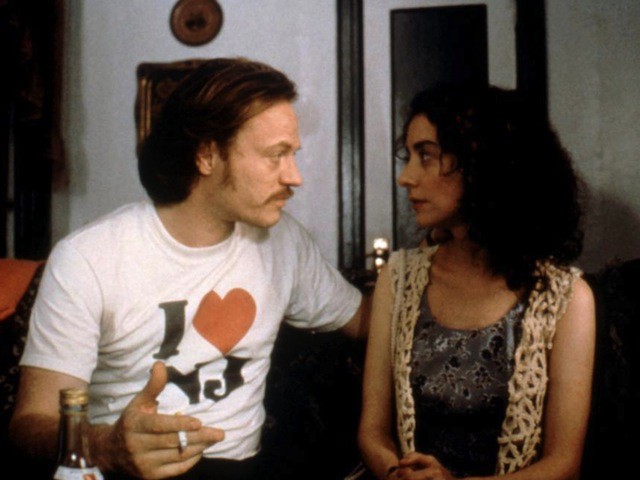Loneliness Vs. Boredom
by Alexandra Molotkow


Yesterday Joyce Mitchell pleaded guilty to helping two convicted murderers, Richard Matt and David Sweat (“Inmate Sweat”), escape from the prison she’d been working in. She told investigators she’d sent “X-rated selfies” to Sweat, though she only had sexual contact with Matt, who “would come to her desk wearing a big coat in which he had cut a hole so that Mitchell could touch his genitals.”
She said: “I was caught up in the fantasy. I enjoyed the attention, the feeling both of them gave me, and the thought of a different life.”
This is one of the bottom five saddest kinds of stories, the one where some poor soul’s romantic hopes lead them to ruin. In true crime as well as fiction: in Ludmilla Petrushevskaya’s “A Murky Fate,” an “unmarried woman in her thirties” convinces her mother to leave their studio apartment, so she can bring home a married, “fat, balding man-child of forty-two with a dead-end job and ruined health.” She bribes him with cake, they have a perfunctory tryst, and her desperate hopes somewhat echo Mitchell’s:
The next day… she thought about the coming evening, when she’d have to face her mother and resume her old life. Suddenly she blurted out to her officemate: “Well, have you found a man yet?” The woman blushed miserably: “No, not yet.” Her husband had left her, and she’d been living alone with her shame and humiliation, never inviting any of her friends to her empty apartment. “How about you?” she asked. “Yes, I’m seeing someone,” the woman replied. Tears of joy welled up in her eyes… There was nothing but pain in store for her, yet she cried with happiness and couldn’t stop.
I think (hope? Is that evil?) we can all relate to a basic feeling of vulnerability and loneliness, as well as a sense of terror about where that could lead. Mitchell must have known, or at least strongly suspected, that this whole thing was a delusion that no good would come of. But the fantasy was worth it, or the reality was too painful, or else the affair just had its own momentum because let’s not kid ourselves, most of us are not stronger than our infatuations. At some point an emotional need becomes physical and so immediate that you can’t even think about the consequences. And then you’re vomiting on the train.
Early this year, Reply All, our favorite podcast, interviewed a woman who’d found out after decades of marriage that her husband had been cheating on her with an old friend. She joined Match.com and met a 59-year-old who seemed sweet, effusive, and well-preserved enough that she ignored the red flags, including the fact that “he claimed to be an orphan, which is what every con man in every movie claims to be.” She was savvy, but she enjoyed the rush, because who wouldn’t? When he asked her for money — $10,000, to handle some customs debacle in the Philippines:
I was really disappointed. Because I knew that this feeling that I had this whole entire time, and I really looked forward to his emails or the songs he was sending, or the e-cards, that all that was over. And it made me really sad. More sad than angry.
Maybe stories like these become urban legends because they manifest all the unspecified dread that accompanies a new thing, or the prospect of one. They represent the risks of a “dating market” where everyone either hurts or gets hurt and pretends it’s totally fine. But boredom and restlessness are equally perilous: a fling is the easiest form of adventure. You could totally, under the wrong set of circumstances, choose to be so naive.